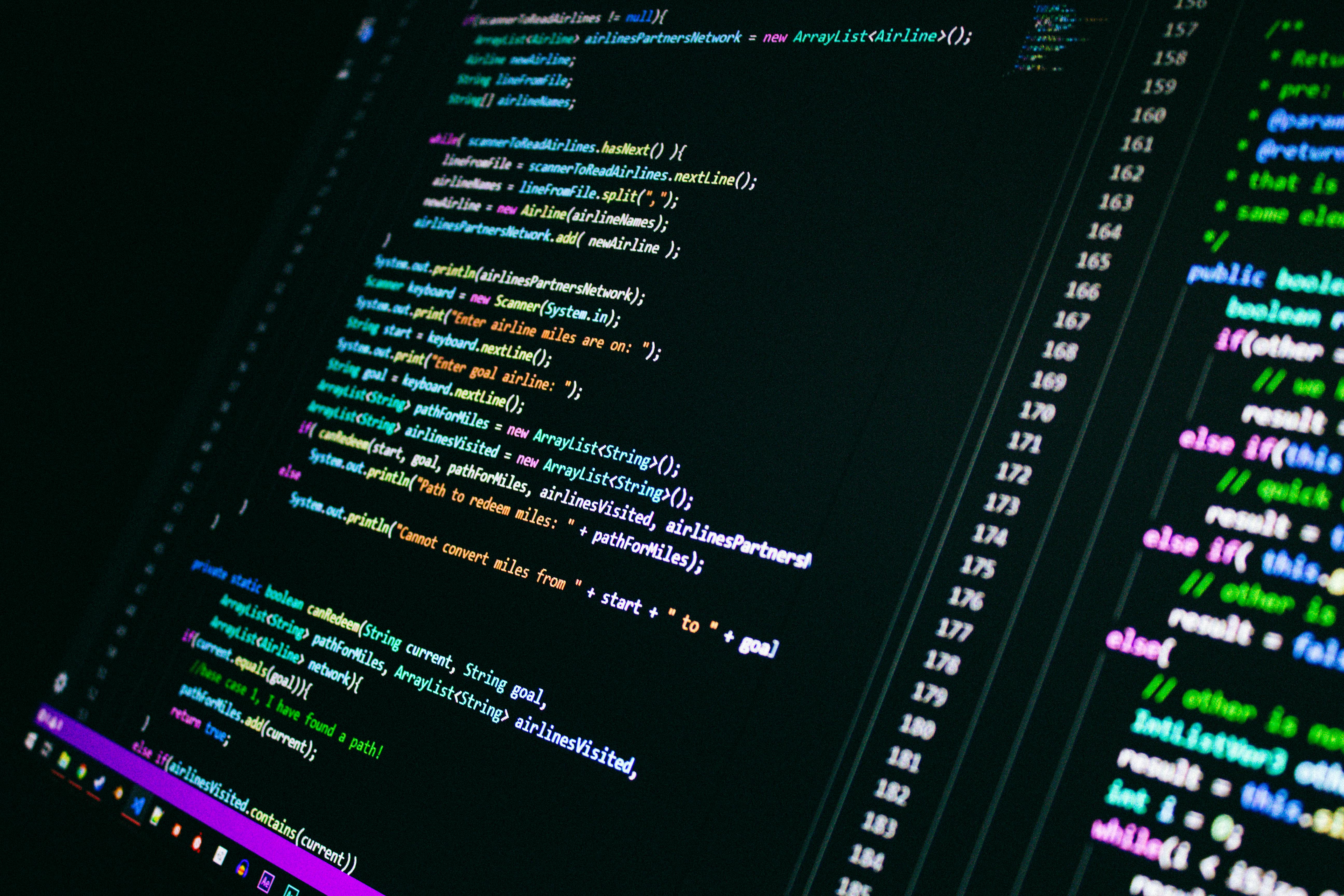
EU AI Act Exemptions Series: Part 1 - Open-Source AI and Regulatory Balance
A particularly nuanced aspect of the EU AI Act is its treatment of open-source AI projects, which are largely exempt from many transparency requirements—except when they develop highly capable models, comparable to GPT-4 and beyond.
The EU AI Act’s Approach to Open-Source AI
The EU AI Act acknowledges the unique nature of open-source development, recognizing its vital role in fostering innovation, collaboration, and accessibility. To prevent unnecessary regulatory burdens on these projects, the legislation generally exempts AI systems released under free and open-source licenses from compliance obligations. However, this exemption has limits, particularly when open-source AI systems:
- Are placed on the market or deployed as high-risk AI systems.
- Fall under the category of prohibited AI applications.
- Interact directly with individuals or generate AI-generated content that users may mistake for human-created output.
For general-purpose AI models (GPAI) distributed as open-source, certain documentation and transparency obligations are waived—provided they do not pose systemic risks. This approach aims to maintain an environment that supports innovation while ensuring oversight over powerful AI models with significant societal impact.
Strategic Considerations for Open-Source AI Developers
The EU AI Act’s treatment of open-source AI has far-reaching implications for AI developers and businesses:
- Balancing Innovation with Compliance: While open-source AI is largely exempt, developers must remain vigilant about whether their systems could be classified as high-risk.
- Global AI Governance Influence: The EU’s regulatory stance may serve as a model for other jurisdictions seeking to regulate AI without stifling progress.
- Assessing Compliance on a Case-by-Case Basis: As AI capabilities evolve, open-source developers and organizations must continually evaluate how the regulation applies to their models.
Ensuring Compliance with Novius Consulting
While the EU AI Act offers significant exemptions for open-source AI, whether an AI system qualifies for these exemptions must be determined on a case-by-case basis. Compliance with the regulation requires careful assessment of AI models, their intended use, and their potential risks.
At Novius Consulting, we specialize in helping businesses navigate the complexities of the EU AI Act, ensuring that open-source AI projects align with regulatory requirements while fostering innovation. Contact us to assess your AI models and develop a tailored compliance strategy.













